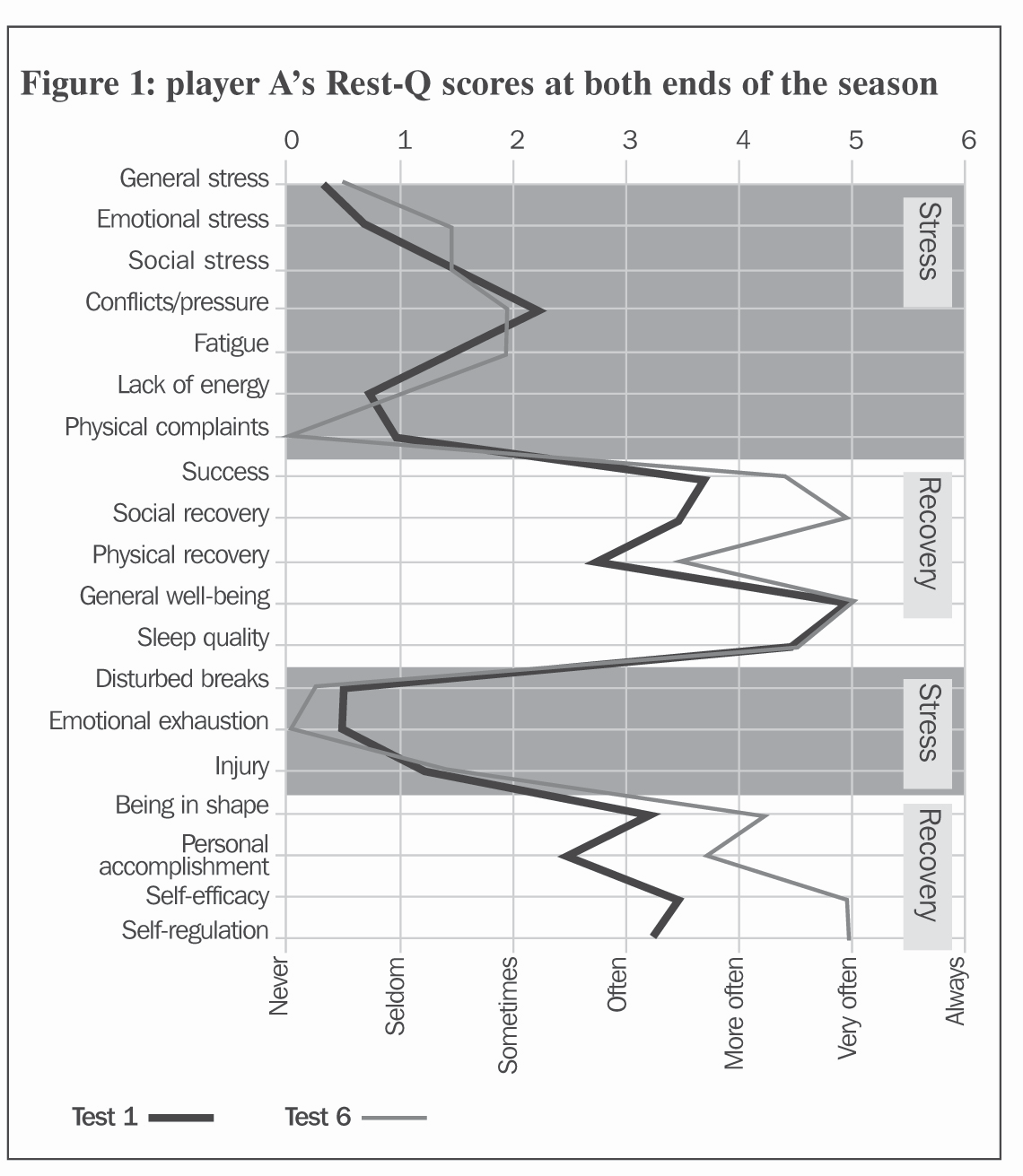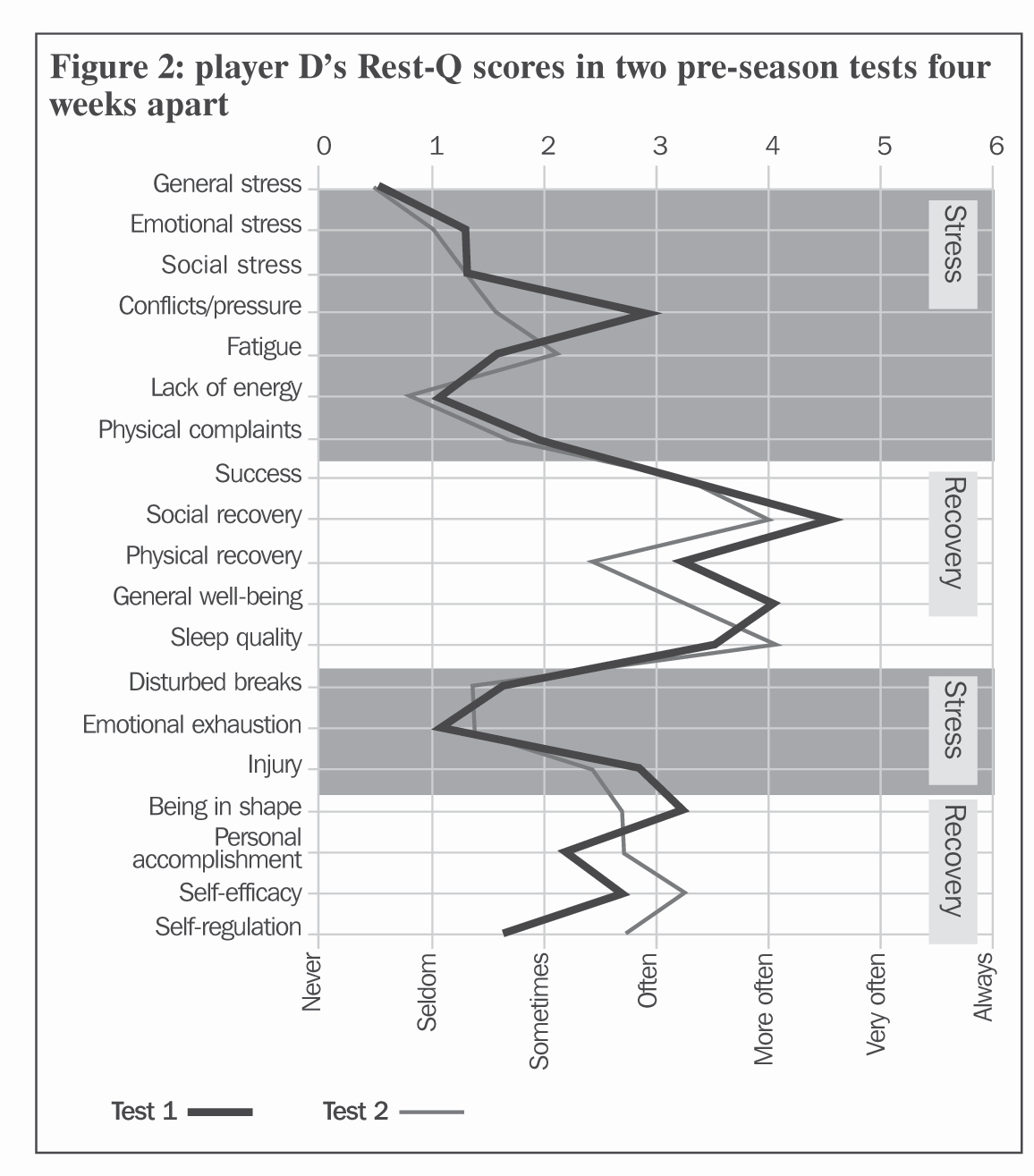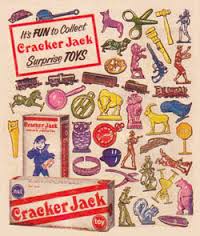
Coaches (and Parents)-
Video game developer, Paul Bertome Jr. of Microsoft's Bungie Studios was asked in an interview about his team's approach to developing Halo. He said, "We do a lot of testing to make sure that it's easy to pick up, easy to play and hopefully easy to get addicted to. Some games, after you die, a box saying 'do you wish to continue?' will pop up. We never ask 'do you want to quit playing?"
Across the year, most of your players (guys anyway) will play far more hours on video games than they will the sport you coach (or as a parent-encourage them to play). Why? Aren't 'actual sports' more rewarding than 'virtual ones'? Sure they are, thats why we believe in them enough to dedicate our time, energy and resources to make sure kids have the opportunity to play.
But that should be where it all starts, not ends...
Lets take a few pages from a winning playbook, (Halo had sold 50 million units by December 2012) how can we make our sports "easy to pick up"? This starts with coaching and training the athlete 'right where they are' developmentally. You may have a Championship program, but not all athletes come to you Championship ready. You may need to put in place a developmental 'feeder' program to get them ready for what you'll be asking them to do later. Make the Expectations match the Athletic Ability or you'll both be frustrated and disappointed.
What about "easy to play"? If they're weak, you've got to make them stronger. Poor coordination? You'd better help them build some primal, basic movement patterns before you expect them to execute the more complex Defensive and Offensive patterns of your sport. Your goal is for them to be successful, (often because it means you'll be successful) remember- with more kids being less fit than ever entering our sports, being a great asset to the team right out of the box is unlikely. In these cases, making them Playmakers is like 'eating an elephant', it goes one bite at a time.
Finally, we want to "get them addicted". Today's pace of life and a less-than-optimal economic situation, parents are working more hours and bringing home less (less emotional margin, less energy, less peace...) leaving a lot less Encouragement, less Understanding and less available Time to sow into their son or daughter. This is where You come in. The Number One need of any athlete in 2014 is a feeling of Significance and 'coaching them up' rather than 'coaching them down' is your Key to getting them addicted to Time under your direction.
Keep in mind that you do not help them Rise by knocking them down, the times when they fail will do that just fine. The mind requires 11 Positive statements for every 1 Negative statement, you may want to create a little more balance to your approach.
It is estimated that 30% or more of your athletes are 'burned out' or are experiencing 'staleness' as these European researchers put it. Look over these graphics representing Athlete Stress Levels in 2 separate Preseason tests and and 2 more performed at the beginning and end of the season. The data may should cause adjustments in your coaching strategy, if not- you may want to go back and read them again.








